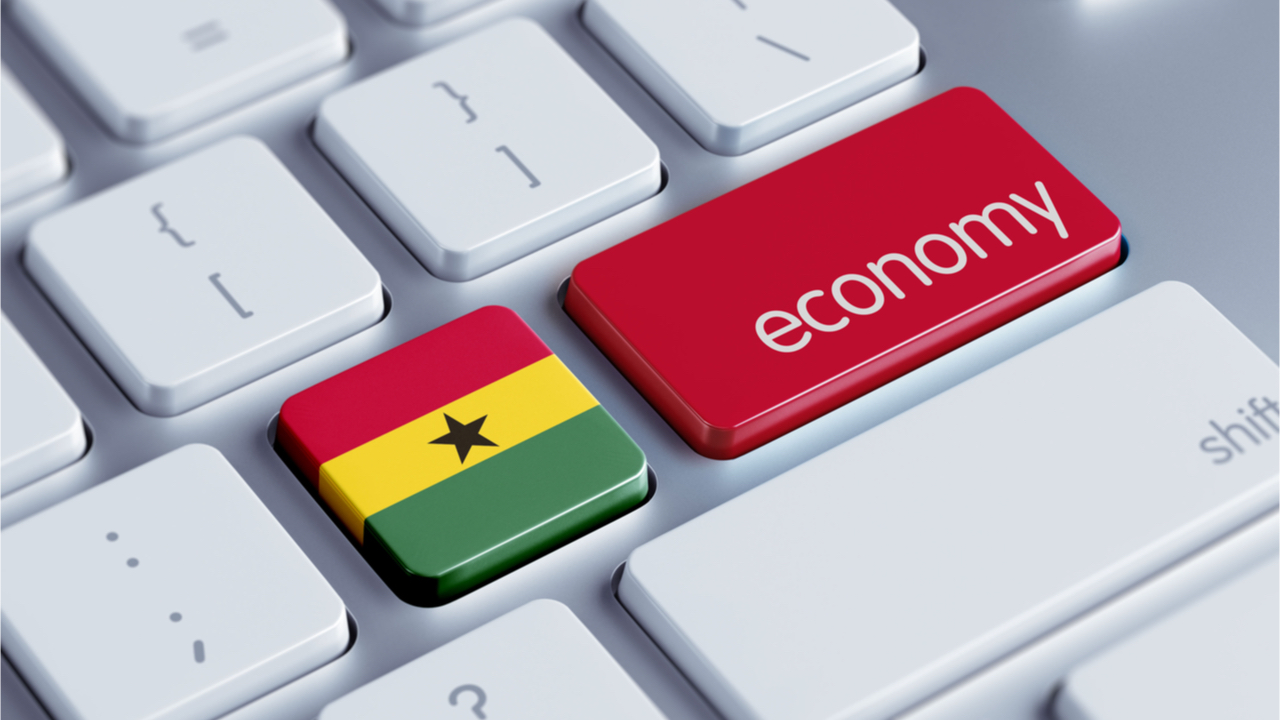The Ghanaian government has reportedly changed its mind and will now seek a financial rescue package from the International Monetary Fund (IMF). The decision comes just a few days after residents took to the streets to protest the spiraling inflation and growing economic hardships.
Ghana’s Growing Balance of Payments Deficit
After initially refusing to seek the International Monetary Fund (IMF)’s support, the Ghanaian government has said it will now hold formal talks with the financial institution, a report has said. According to the report, the government’s decision followed a conversation between President Nana Akufo-Addo and the IMF’s managing director, Kristalina Georgieva.
As per the report, the government’s about-face comes after Ghana’s inflation rate, which topped 27.6% in May, as well as the deteriorating economic situation, helped spark street protests across the country in late June. Ghana’s apparent volte-face also came less than two months after the central bank hiked main interest rates by 200 basis points to 19%.
In addition to the spiraling inflation rate, Ghana has to contend with a negative balance of payments position which grew to $934.5 million in the first quarter of 2022. In the first quarter of 2021, the country’s balance of payments deficit was $429.9 million.
Decision Almost Inevitable
Meanwhile, the analyst quoted in the report praised Ghana’s decision, which they believe will help its economy. Commenting on the government’s decision to seek a bailout package from the IMF, Razia Khan of Standard Chartered said this was “positive news.” Another analyst, Leslie Dwight Mensah from the Accra-based Institute for Fiscal Studies, said:
This decision was almost inevitable, given the worsening economic situation and the threat of a balance of payments crisis due to the deteriorating external environment.
Mensah also hinted that talks with the IMF could potentially boost investors’ confidence in the country’s ability to meet its obligations. In the meantime, another report quotes an IMF spokesperson who pledges the institution’s readiness to help “Ghana to restore macroeconomics stability; safeguard debt sustainability, promote inclusive and sustainable growth and address the impact of the war in Ukraine and the lingering pandemic.”
Ghana, which is West Africa’s second largest economy and one of the continent’s biggest producers of gold, has been reeling from the effects of the global pandemic and is reportedly close to a debt crisis.
What are your thoughts on this story? Let us know what you think in the comments section below.






